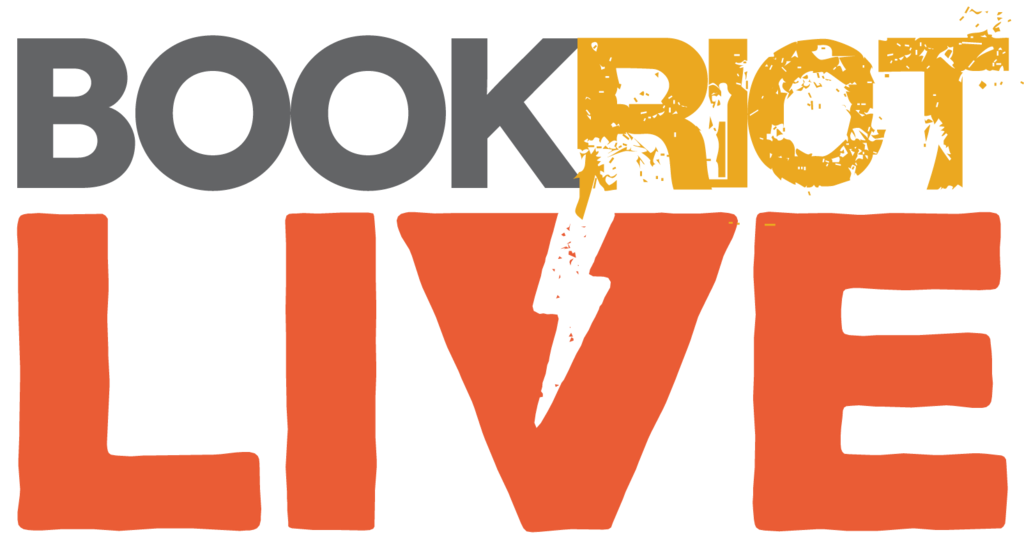
5 Book Pet Peeves
Admittedly, I’m a little hard on books, to the point that people probably think I’m an elitist book snob. I know that I hold books to a high standard, and I try reeeeeaaally hard to make allowances for that–but dammit, there are some things writers do that drive me up a wall. If I see any of these things in a book, my eyes roll so hard they almost fall out of my head.
1. Excessive foreshadowing/telegraphing. Either I am amaaaayyyyzing at picking up clues, or there are a lot of writers out there who don’t know how to handle their foreshadowing. Foreshadowing should be a subtle hint, but I can’t tell you how many times I have figured out the ending to a book because the hint was more like a giant wink with a neon arrow pointing at it. Obvious foreshadowing coupled with the next list item gets a +2 annoyance bonus.
2. Lame twist endings for the sake of being “edgy.” A good twist ending coupled with subtle foreshadowing can be breathtaking, but a clumsy twist ending makes me hate a book more than just about anything. Ruining a book at the very end makes me twitch with frustration because I wasted time reading it that could have been better spent scrubbing my toilet. At least if a book sucks from the beginning, I can put it down and move on.
Further reading: Rioter Rebecca’s list of surprise twists she’d rather live without.
3. Overpowered protagonists. Back when I was a gamer, we used the shorthand “OP” (overpowered) when a character was way above the level needed to complete a task. Being OP was dull because part of the fun of gaming was to be challenged, which includes the possibility that you might lose. OP protagonists drain all of the tension out of a book in the same way; if the protagonist is able to work out all of their issues with confidence and quick solutions, the book drags along into Boringville. There’s nothing to keep me page-turning if I already know that everything’s going to work out fine in the end.
Plus, having the oh-so-cool protagonist who gets everything he or she wants kind of reads like the author’s main goal is to live out some fantasy that he or she has been harboring since adolescence. Which, cool, do that and everything, but I don’t really want to read it.
4. Heavy-handed messages and life lessons. To make someone really empathize with another person’s struggle, all you have to do is show the struggle–hitting readers over the head with the point doesn’t increase credibility. This is especially true when the author throws in a token LGBT/PoC character just to magnanimously prove a point that Prejudice is Bad, etc. It’s especially even more true when that isn’t even the main theme of the book, but an awkwardly-crammed-in side note. Reducing characters to stereotypes doesn’t help and can be insulting.
5. Overelaborate plots. Some plots do need to be elaborate, especially when dealing with long series of books involving scores of characters. The plot becomes too elaborate when the author has to start precariously rigging up events to make everything work out. This takes away from character motivation in a big way, which can make the characters’ actions seem false and the plot seem implausible.
Of course, these are only five ways a book can suck. What ruins a book for you?
____________________






